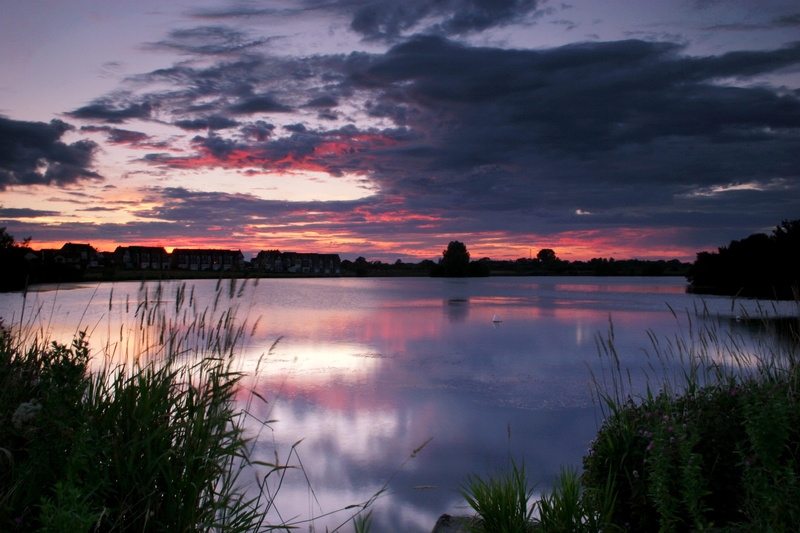Armagh is located in the southern part of Northern Ireland. Armagh is not a large town. The current population stands at just over 14,500 residents.
The town of Armagh has a history dating back to ancient Celtic times. At one time, Armagh was the center of the ancient Celtic religion. In fact, the name Armagh is derived from the name of a Celtic goddess.
In the 5th century, Ireland was converted to the Christian religion through the efforts of St. Patrick and his associates. St. Patrick set up a major church and monastery in Armagh.
During the Middle Ages, the town was frequently raided by the Vikings. Also during this time, Armagh developed as an important educational center for the clergy and other scholars.
One artifact from this time period is the Book of Armagh. This manuscript is written in Old Irish, and it contains numerous stories about St. Patrick and the early Irish church. It is now part of the collection at Trinity College in the Republic of Ireland.
In the modern era, Armagh saw disputes between Catholics and Protestants. This period known as “The Troubles” saw the death of several Armagh residents.
Today, Armagh is noted for having two beautiful cathedrals in the city that are both named in honor of St. Patrick. One of the cathedrals is a Catholic cathedral that was built in the late 1800s. The other cathedral is operated by the Church of Ireland and was built in the 5th century. This cathedral is also the seat of the Archbishop of Armagh who is the leader of the Church of Ireland in both Northern Ireland and the Republic of Ireland.
Many of the buildings in Armagh are noteworthy representatives of Georgian design. Those visiting the city will want to see the library building, the old prison and the merchant house.
An interesting place to visit with the entire family is the Armagh Astronomy Centre and Planetarium. Visitors here can see several programs about the universe and space exploration.
Also of interest is the Navan Centre and Fort. This area is a recreation of an ancient Irish fort. The lives and rituals of the ancient Celtic people are on display.
Visitors to Armagh should keep in mind that the weather here can be rainy, just like in the rest of Ireland. Summers are warm but not hot. Winters are not excessively cold.





